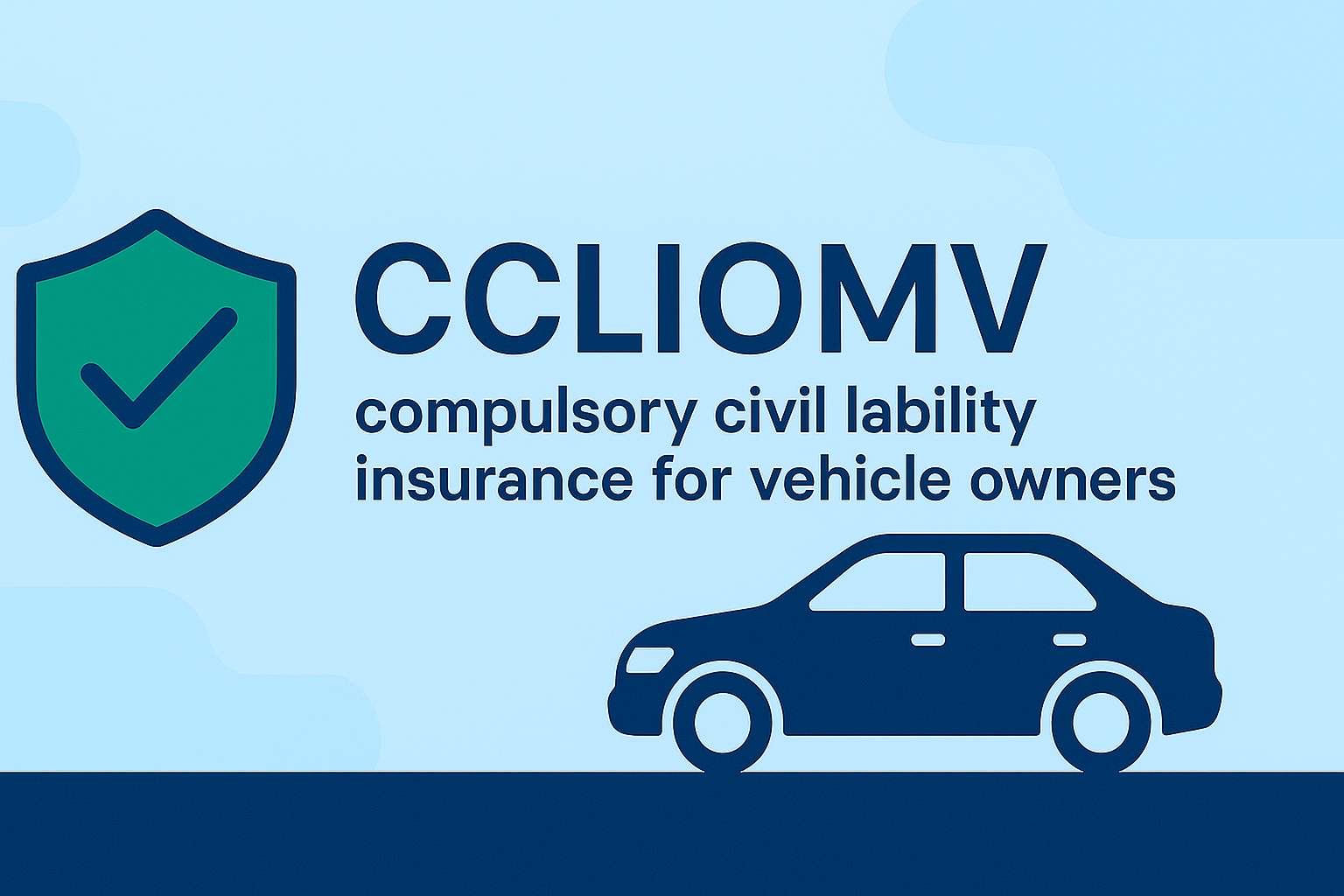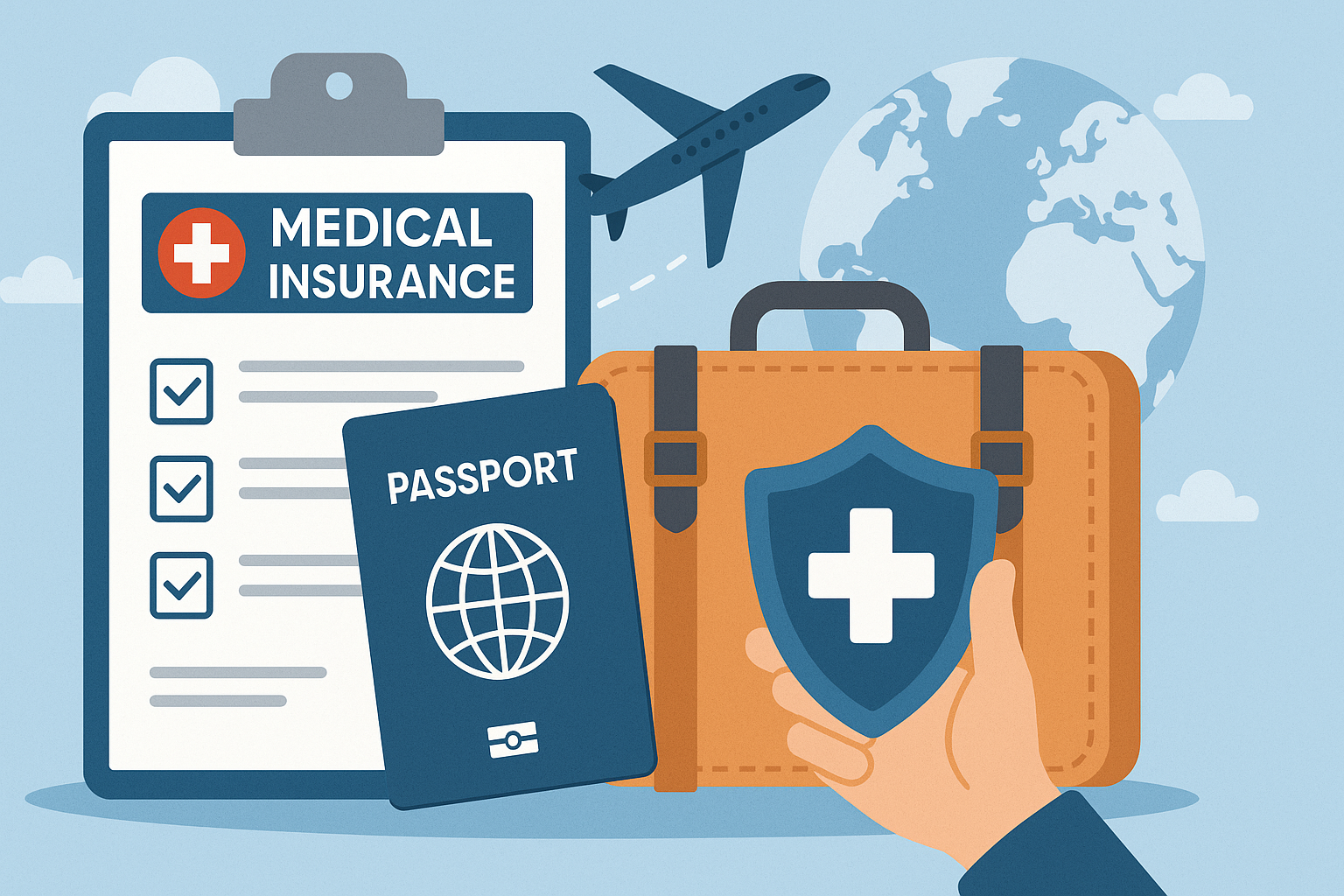Is it worth taking out voluntary health insurance?
19.06.2025

Healthcare is one of the most important priorities for anyone. Given the state of modern medicine in Uzbekistan, many people are wondering whether they should rely solely on state institutions or consider additional measures of protection. One such solution is voluntary medical insurance (VMI). This tool allows you to receive medical services in private clinics, with a high level of service and broader coverage. According to GROSS experts, the demand for DMS is growing, especially among city dwellers, young families and corporate clients. But is it really necessary for everyone? Let's take a closer look.
What is DMS and how does it work?
Voluntary medical insurance is a paid form of insurance that allows you to receive medical care in private institutions. Unlike compulsory insurance, which only covers state clinics, DMS expands the patient's options: from the choice of clinic to the type of procedures. You can take out a policy either independently or through your employer, which is especially convenient within the framework of corporate programmes.
The insurance company enters into a contract with the client or organisation, which specifies the terms and conditions, a list of clinics, coverage limits and a list of included services. In the event of illness, the person can go to the chosen clinic without paying for medical services themselves — the costs are covered by insurance. Some packages even include medicine delivery or telephone consultations. More and more companies in Uzbekistan are using voluntary medical insurance as part of their employee benefits package.
Advantages of taking out voluntary medical insurance
Many people habitually turn to state institutions, relying on free services. However, as practice shows, in reality, patients face queues, a lack of specialists or equipment. Against the backdrop of these difficulties, voluntary insurance provides not only convenience but also confidence in the availability of quality care. In addition, it reduces the financial burden in the event of illness.
The main advantages of voluntary medical insurance include:
- Access to private clinics. Medical institutions participating in the programme usually offer a high level of service.
- Minimal waiting times. No need to make appointments weeks in advance or spend hours waiting in line;
- Home visits and remote consultations. This is especially important for the elderly, parents and busy professionals;
- Coverage of expensive services. Includes diagnostics, dentistry, hospitalisation, surgery and even palliative care;
- The ability to customise your package. Some insurance companies allow you to exclude or add services according to your specific needs.
It is important to note that customers are provided with a service card, which they can use to visit a partner clinic without worrying about prepayment. This is especially convenient in emergencies when there is no time to look for funds for treatment. In addition, having a policy reduces stress — people know that if they fall ill, they will not be left without help.
Limitations you should be aware of
Despite its many advantages, voluntary medical insurance is not a universal solution. It has its own characteristics, which can be critical depending on the situation. To avoid disappointment, it is necessary to assess the risks in advance and carefully study the contract. Unfortunately, not all insurance policies are equally useful, especially if a person does not use medical services often.
Among the disadvantages of voluntary medical insurance are:
- The cost of the policy can be high. Especially if extended services are included or the insurance is taken out individually.
- Age and illness restrictions. People over 65 or with serious diagnoses (e.g., HIV, chronic forms of cancer) may be denied coverage.
- Not all services are covered. For example, cosmetic surgery or expensive medications may be paid for separately.
- Insurance exclusions and limits. Some cases may be deemed ‘non-insurable’ or partially compensated.
- The need for treatment at specified clinics. The policy is only valid within the partner network, which may limit the choice of doctor.
Such restrictions make it particularly important to carefully study the terms and conditions of insurance. For example, not all policies cover rehabilitation or long-term treatment. There are cases when the insurance company compensates only for the first days of illness, and the rest is borne by the client. In addition, it is important to understand what documents will need to be provided to the insurance company, especially in non-standard situations.
When is voluntary medical insurance really justified?
The decision to take out a policy should be based on real needs, not on fashion or recommendations from friends. For many categories of citizens, voluntary medical insurance is not just a convenient option, but a real necessity. This is especially true for people with weakened immune systems, small children, busy professionals, or those who are not registered in their region of residence.
When voluntary medical insurance is particularly useful:
- If you have chronic illnesses. Regular monitoring and examinations covered by insurance can save you significant amounts of money.
- If there are children in the family. The ability to quickly receive medical care without queues is crucial.
- When you have a fast-paced lifestyle. People who are busy with work or business value their time and prefer quality service without waiting.
- In regions with an overloaded compulsory medical insurance system. Especially in large cities, where it can be extremely difficult to see a specialist.
- When the employer is involved. Corporate programmes are more advantageous and often include bonus options.
If a person rarely gets sick, they may think that the paid policy is not worth it. However, it is not a question of frequency, but of confidence: voluntary medical insurance does not insure against illness, but against unforeseen expenses and delays in receiving assistance. In addition, many packages allow you to use insurance not only in the event of an acute illness, but also for prevention, routine examinations and maintaining overall health.
How to choose the right programme
For voluntary medical insurance to really work, it is important not only to take out a policy, but also to choose the right insurance company. Don't focus solely on price — low cost may hide limited conditions or a weak partner base. It is better to focus on reliability, experience and reviews from other customers. The company should be ready not only to sell policies, but also to accompany the customer at all stages — from the first contact to calling a doctor to the home.
Key criteria for choosing voluntary medical insurance:
- The insurance company's reputation and length of time on the market;
- 24/7 support and accessible communication channels;
- A list of partner clinics, including those in your city;
- Flexibility of programmes and the ability to tailor them to your family;
- Terms of renewal, refunds and compensation for unused services.
Voluntary medical insurance is not just an alternative to the state system, but an independent tool for protecting your health and finances. It is not suitable for everyone, but for many it is a decisive factor in ensuring high-quality and timely treatment.
This approach is especially relevant in conditions where the state system does not yet provide stable and comprehensive coverage. Taking out a policy is a step towards conscious care for yourself and your loved ones, which pays off not only in money but also in confidence in the future.
News and articles

Get CCLIOMV online in Uzbekistan: easy policy selection and fast processing without leaving home | GROSS.UZ
OSGOVTS online motor vehicle liability insurance in Uzbekistan allows you to quickly select a policy and purchase it without leaving your home. How can you obtain an insurance policy without visiting an office? Read the step-by-step instructions and ensure your protection with ease. Purchase a policy right now at GROSS.UZ!

What to do in case of an insured event in Uzbekistan | GROSS.UZ
Insurance claims in Uzbekistan help insured persons to act correctly when an event occurs. What should you do when an insured event occurs? Follow our step-by-step instructions to protect your interests and ensure a quick settlement. Details at GROSS.UZ!

What is insurance and why is it needed in Uzbekistan? | GROSS.UZ
Insurance in Uzbekistan provides financial protection and peace of mind. Why is insurance important for individuals and businesses? Learn about the benefits of different types of insurance and protect your assets. Find out more at GROSS.UZ!



